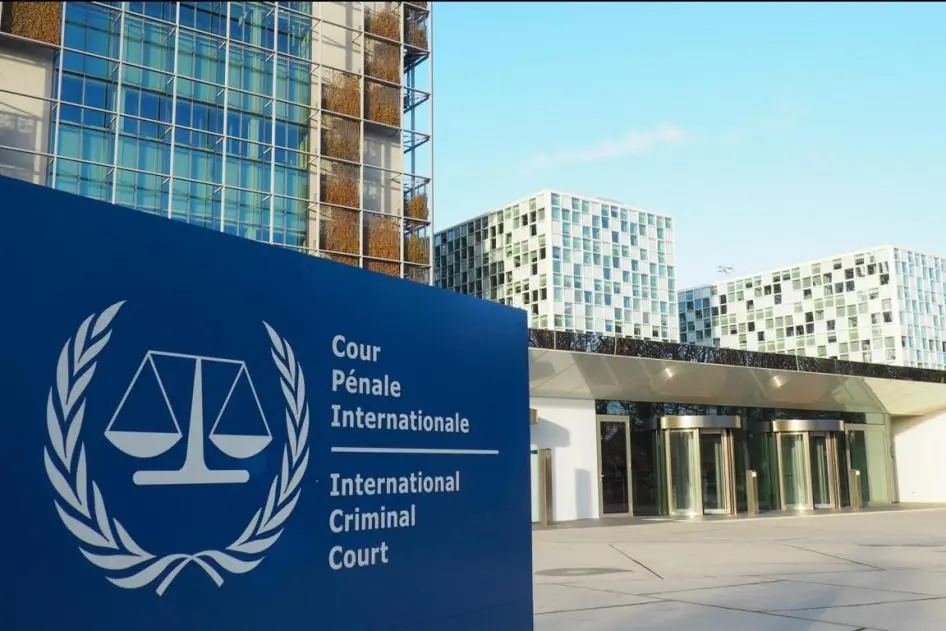In a statement to Doha News, Jocelyn Mitchell said she will no longer be taking part in the controversial $700,000 research project.
The Northwestern University-Qatar professor at the heart of fierce backlash over racist comments has withdrawn from a controversial $700,000 research project, Doha News can confirm.
Jocelyn Mitchell said she “will not be a part of this research going forward”, noting talks are ongoing with the Qatar National Research Fund to come to a final decision regarding the grant to research women’s entrepreneurship in Qatar.
In a lengthy statement sent to Doha News, Mitchell said “the serious community criticisms as well as the team members’ concerns have been heard.”
The statement came in response to an email sent out by faculty staff members at NUQ who called on their colleague to withdraw from the research team that was awarded a hefty grant and triggered widespread condemnation.
Read also: Pressure mounts on professor accused of racism
“The pain and hurt I have caused by giving this racism a platform is horrifying to me,” Mitchell said, saying she is in “full agreement” with her colleagues who called these ideas “abhorrent.”
“These are racist and unrepresentative comments about Qatar, the Qatari people, and its expatriate communities, with no basis in reality, and it does not reflect how I feel about the diverse people who make up this tolerant and accepting country,” she added.
“I would never re-post such an email today, precisely because of how much I have learned and grown over my past thirteen years living and working in Qatar.
Shortly after QNRF announced the awarding of the $700,000 grant to Professor S. Venus Jin and Professor Jocelyn for research into “obstacles and successes of women entrepreneurship in Qatar”, the news was met with furore.
The backlash included concerns over QNRF’s decision to award such a significant grant to someone who previously posted racist comments about the same community she has been paid to research.
Some also questioned why the fund was approved despite it not being led or even involving Qatari women, who are at the centre of the research.
The racist blogs
In 2008, a blog run by Mitchell and her husband published a post entitled: “You know you’re in Qatar if”, which included a listicle of xenophobic and racist remarks.
Among the comments made in the post was “the ratio of ugly women to not so ugly women is 9:1.” The only murders to take place in Qatar are when “an Indian construction worker sleeps with a Phillipino [sic] construction worker’s wife. The [sic] usually slap each other to death in a cat-fight resembling manner,” the post added.
The blog was later removed by Mitchell in 2015, several years after she started working at the Doha-based institute and teaching the same community she once directed racist abuse towards.
When the blog post surfaced in 2019, a student protest movement erupted on-campus demanding the university takes action against several misconducts, including Professor Mitchell’s offensive and racist comments.
Mitchell then issued a public apology for her actions, saying she was deeply sorry for offending anyone and confirming the removal of the blog. But even with the apology, the local community remained enraged, saying an apology without any discipline or consequences from the institute itself was not enough.
But Tuesday’s statement from Mitchell said “at the time I didn’t recognise the racism of these words and ideas, or the racism of re-posting them.”
Read more: Combatting racism in academia: Why it shouldn’t be normalised or rewarded
“I apologise to every individual, Qatari and non-Qatari, whether a member of the NU-Q community or not, for not recognising at the time the racism of re-posting this email, and for the recurrent distress and pain that is felt whenever these terrible words and ideas are circulated.
“I am also physically and emotionally sick when I look at these words, and that reaction is entirely because of what I have learned, living in Qatar’s diverse community for the last thirteen years.
“I will continue to apologise to and discuss the situation with anyone. I am committed to doing the work: acknowledging my past mistakes, checking myself, and doing better in the future. This is because I care about the hurt and pain caused by the racism of this 2008 blog post, and because my number one priority is to ensure that my students continue to feel safe and respected so that they can learn,” she added.
The backlash triggered a debate surrounding racism in academia, with researchers warning against “the return to the era of orientalists or orientalism” in Qatar.
Follow Doha News on Twitter, Instagram, Facebook and Youtube







